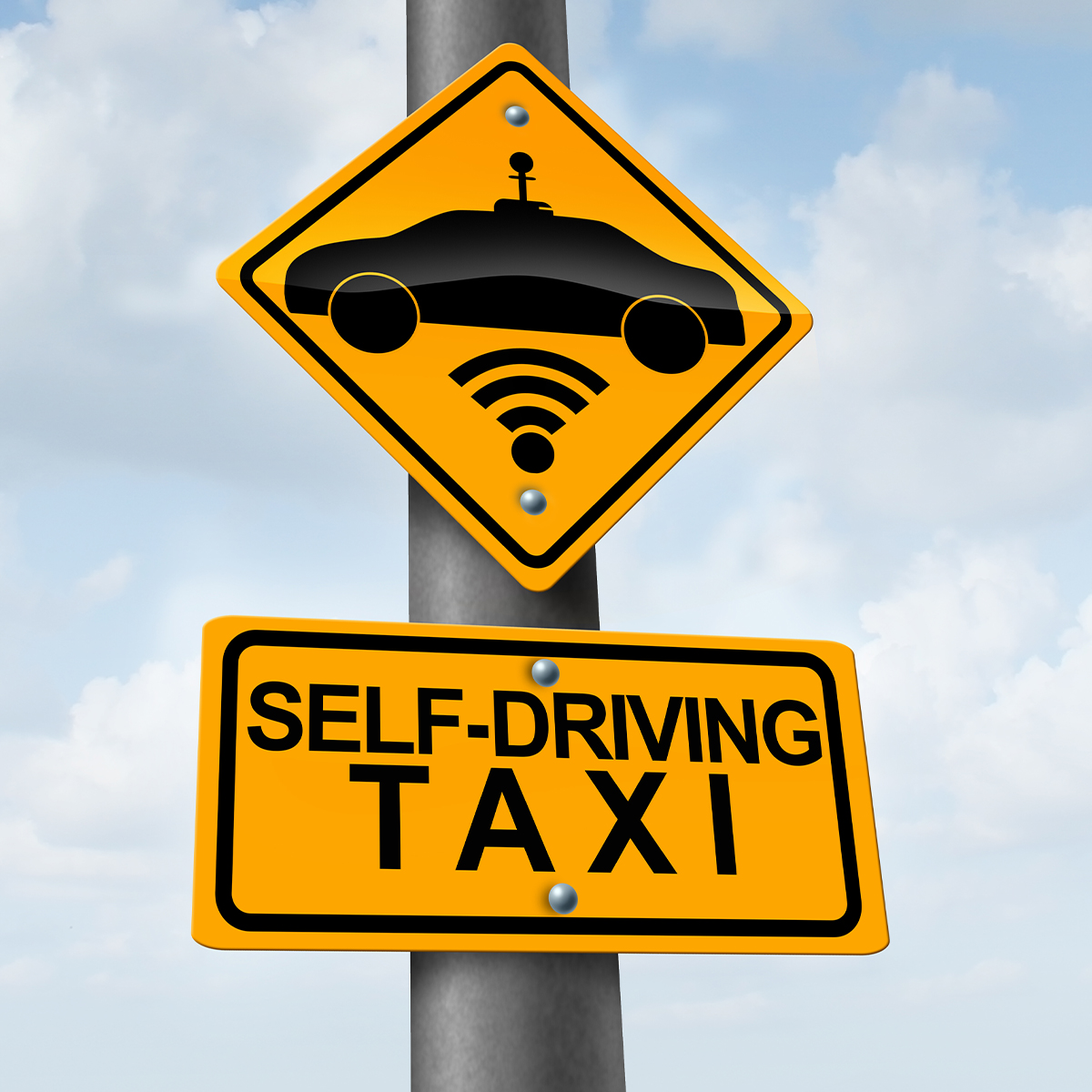-
Property & Casualty
Property & Casualty Overview

Property & Casualty
We offer a full range of reinsurance products and the expertise of our talented reinsurance team.
Trending Topics
Publication
That’s a Robotaxi in Your Rear-View Mirror – What Does This Mean for Insurers?
Publication
Cat Bonds – A Threat to Traditional Reinsurance?
Publication
Decision-Making in the Age of Generative Artificial Intelligence
Publication
Buildings Made of Wood – A Challenge For Insurers?
Publication
The CrowdStrike Incident – A Wake-Up Call for Insurers?
Publication
PFAS Awareness and Concern Continues to Grow. Will the Litigation it Generates Do Likewise? -
Life & Health
Life & Health Overview

Life & Health
We offer a full range of reinsurance products and the expertise of our talented reinsurance team.
Training & Education
Publication
Finding the Balance – Assessing Weight Changes in Underwriting
Publication
Understanding Physician Contracts When Underwriting Disability Insurance
Publication
Working From Home or Living at Work?
Publication
Excess Mortality During the COVID-19 Pandemic and Beyond
Publication
Voice Analytics – Insurance Industry Applications [Webinar] Moving The Dial On Mental Health
Moving The Dial On Mental Health -
Knowledge Center
Knowledge Center Overview

Knowledge Center
Our global experts share their insights on insurance industry topics.
Trending Topics -
About Us
About Us OverviewCorporate Information

Meet Gen Re
Gen Re delivers reinsurance solutions to the Life & Health and Property & Casualty insurance industries.
- Careers Careers
How Self-Care Changes Where Insurers Find Medical Data

February 01, 2018
Dr. Chris Ball
Region: Europe
English
Healthcare systems everywhere are under stress from the demands of growing and ageing populations. Providers are looking for novel solutions to maintain or improve healthcare delivery. One approach is to develop health literacy to enable more people to adopt self-care without recourse to standard medical pathways, which may result in reducing costs.
It is estimated the UK’s National Health Service (NHS) could save £2.3 billion by preventing some 57 million visits to doctors’ offices and 3.7 million attendances at hospital emergency units annually, while appointment no-shows cost a further £1 billion last year. People are either attending in too great a number or finding they can manage without attending after all.
Self-care is a lifelong habit of dealing appropriately, effectively and safely with minor ailments and long-term conditions - with little or no intervention from healthcare professionals - by taking preventative measures to maintain good physical and mental health.1
Promotion of self-care has largely followed the diagnosis of a disease that is likely to become chronic (e.g., diabetes) but it also has a place in enabling self-management of minor ailments. While patients are mostly educated through classes, leaflets and information packages, these types of intervention only appear to bring only modest changes in healthcare utilisation and well-being.2
The results have been more encouraging when system-wide intervention has healthcare professionals trained in person-centred care, establishing a collaborative approach to decision making, and organisational change, such as open access to clinics.3
One significant area of discussion is the approach to offering over-the-counter (OTC) medications. To gain a higher degree of self-care, people need to have easier access to a wider range of medications that are currently only available with a doctor’s prescription. However, a sensible balance is needed to avoid the flaws in some areas of the world where medications are readily obtained but with no certainty of their quality or safety.4
People can now find an app to help them manage their medical condition. High quality apps, those with frequent updates or connectivity to sensors, are rated highly by patients. There is growing value in digital medicine that has health service endorsement and promising clinical evidence. Particularly compelling evidence is available for diabetes, depression and anxiety, with new data emerging in cancer, arthritis and stroke care.
The development of consumer-led medicine poses a significant challenge to the underwriting assessment of life and health products. Generally, insurers rely on significant medical problems being mediated through traditional health systems; questions about medical attendances, diagnoses, results of monitoring all make this assumption.
The newly health-literate patient will self-manage using OTC medications or apps, and make treatment adjustments that dictate control.5,6 None of this will appear in reports from doctors or be captured adequately by current-design questions and forms. Yet this information is vital for understanding risk for both life and disability products.
While application processes are always under review (for simplification, shortening or increased effectiveness), they have remained largely unchanged for many years, influenced by a very medico-centric view of healthcare. But as the consumer begins to dominate, insurers must ensure their information gathering pro-formas keep pace with the change. Fortunately, consumer-led medicine could help insurers. With an increasing amount of health data stored outside central medical databases, getting information from applicants may be a lot easier, faster and cheaper than obtaining it from healthcare professionals.
Endnotes
- The Economist Intelligence Unit; Consumer health: time for a regulatory re-think?
- Kennedy, A et al. (2007) Support for self-care patients with chronic disease.
British Medical Journal. 335. 968-970. - http://www.population-health.manchester.ac.uk/primarycare/wise.
- Ibid. Note 1.
- http://www.nhs.uk/Livewell/Pain/Pages/10painself-helptips.aspx.
- https://www.diabetes.org.uk/guide-to-diabetes/managing-your-diabetes.





